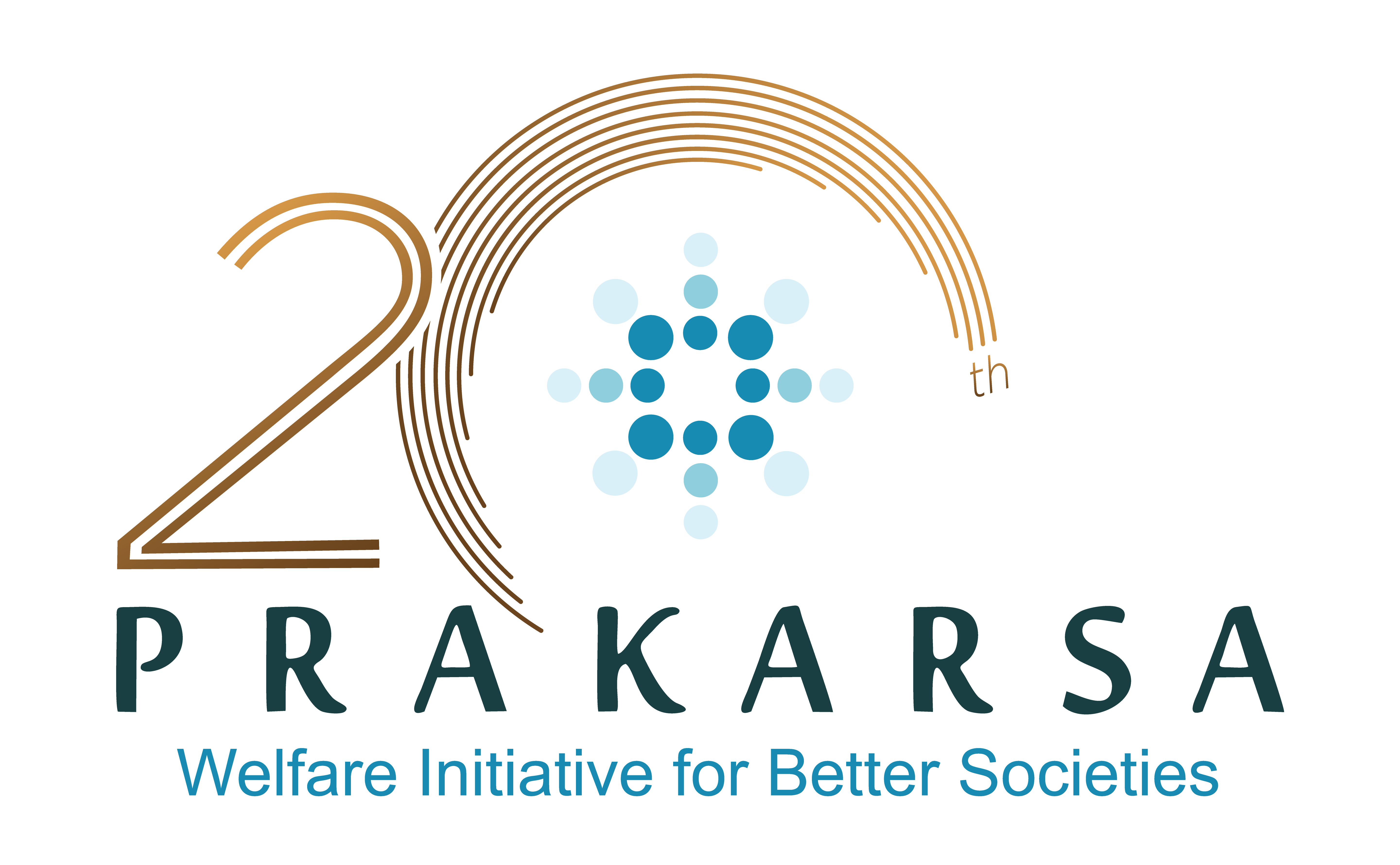
Digital economy has created big impacts on the world economy without physical or territorial limitations. It is estimated that the size of the digital economy ranges from 4.5 to 15.5 percent of world GDP with more than $7 trillion market capitalization in 2017 (UNCTAD, 2019). In addition, the growing digital economy also resulted in an increase in productivity and value added, employment creation, investment, and diffusion of R&D. However, due to the limitation of traditional tax systems, the existence of a digital economy has a very small contribution to state revenues. It is necessary to address the issue within the international corporate tax system on the digital economy as a potential source of state revenue.
Tax system has been regulated based on the principle of permanent establishment which is inadequate to the growing digital economy. Based on the 2015 BEPS Action report, OECD highlighted that the whole economy is becoming digital. Thus, a new tax policy is needed and should not separate between digital and non-digital activities. In order to gain a consensus among countries, it is also necessary to raise public awareness and knowledge regarding this issue. As part of civil society organizations concerning tax issue and fairer wealth distribution, The PRAKARSA and SOMO are organizing a series of training to address tax on digital economy, including how to conduct research and advocacy on this issue. In addition, this training also aims to build research and advocacy of the participants.
TOPICS COVERED
This training will be focused on taxing the digital economy and an exploration on how to conduct research and advocacy. Following are main topics covered in the training:
- Introduction to International Taxation (Corporate Taxation, Direct and Indirect Taxes, Tax Treaties, Tax Avoidance, etc)
- Introduction to the Digital Economy and Its Impact on International Taxation (aspects of digital economy, transfer pricing and digital economy, Permanent Establishment (PE) and digital economy)
- Global tax policy on digital economy (principles, OECD global tax policy, barriers in taxing the digital economy, global tax policy beyond OECD)
- Investigative research on the digital economy taxation
- Policy and Advocacy on the digital economy taxation
Global Tax Training on Digital Economy – Session 1
REGISTER
Q & A Live – Session 1
REGISTER
Global Tax Training on Digital Economy – Session 2
REGISTER
Q & A Live – Session 2
REGISTER
Global Tax Training on Digital Economy – Session 3
REGISTER
Q & A Live – Session 3
REGISTER
Download Flyer Click Here

